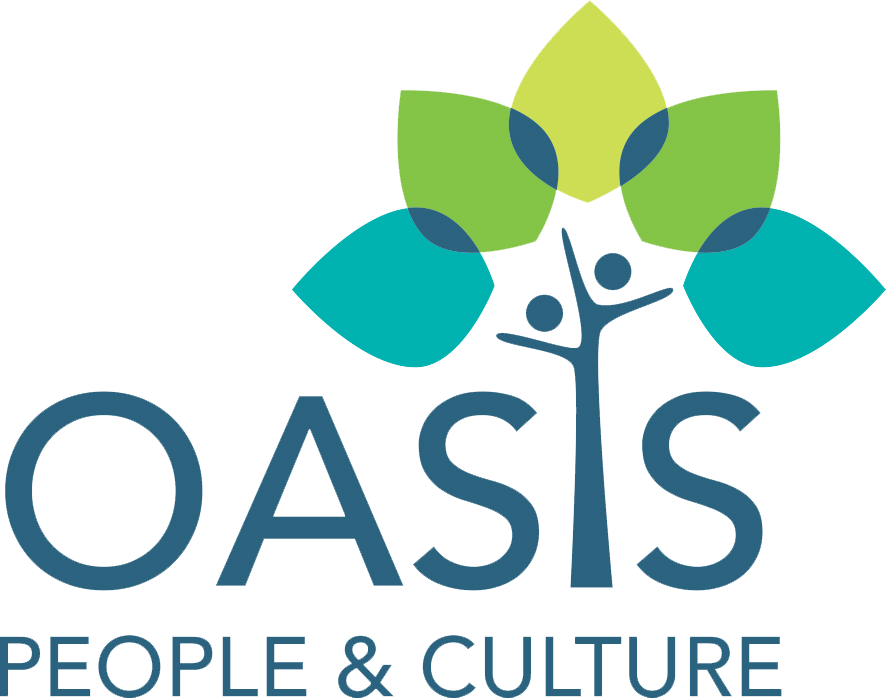"I... just... don't... trust... them!"
Have you found yourself speaking out these five words before? Perhaps those five words are preceded with some other phrases:
I can never give them that responsibility!
I will never share information like that with them again!
I have no time for him/her!
Author Stephen Covey delivers the following punchy maxim,
"Trust is the glue of life. It's the most essential ingredient in effective communication. It's the foundational principle that holds all relationships."
Despite resonating with this insight, I still find it challenging to know what to do when trust is damaged.
How do you walk the terrain of what we might describe as broken trust? How do we mend a relationship and return to the good of what that relationship produces? How do we navigate and frame conversations with a colleague in whom our trust is diminishing? What if our way of being and interacting leads to the depletion of Covey's "glue of life"? How do we approach the next interaction with the affected co-worker or client?
What about in our teams? How does a group designated with collective responsibilities deliver its outcomes when the threat of suspicion and mistrust undermines its performance like coastal erosion menaces the foundations of beachside mansions?
Some lenses to begin your pathway back to secure relationships and high performance
At Oasis People and Culture, we specialise in helping teams preserve trust by deepening their understanding of how trust is maintained, increased or diminished.
In a broad sense, we would maintain that people can explore breakdowns of trust from an operational or relational perspective. Exploring these breakdowns with curiosity and openness can safeguard us from writing particular relationships off as unsalvageable. Importantly, they also protect us from the relationship-breaking generalisations that pronounce someone as wholly untrustworthy.
Viewing issues of trust from an operational perspective involves consideration of whether there is a problem related to competency or concerns about a person's reliability. Do I trust that they have the skills to get the job done? Do I believe they will do what they say they will do?
By focussing more acutely on a person’s level of skill or dependability, we can more accurately discern where trust has been diminished and focus our conversation on how the relationship can productively move forward. Is more training required? Do they struggle to say no or need help with their planning processes?
Similarly, from a relational perspective, we can assess trust through the lenses of sincerity and involvement. Do I sense that the person's intentions are good? Do I experience them as open, transparent and honest? Do I carry a sense of genuine interest in the other person's concerns?
Where questions asked through an operational lens emphasise the benefits brought by trust, the relational lens highlights the importance of how trust relates to our level of connection with others.
Courageous conversations to maximise trust
If you have trust issues in a particular relationship or team, there comes the point where a courageous conversation likely needs to take place. The cost of not having that conversation can be measured in terms of lost opportunities, poor collaboration and not delivering on outcomes. Additionally, the social and economic price we pay for avoiding these restorative interactions compounds with each decision that passes.
The lenses described above are the starting point or circuit breaker when we need to change the noxious narrative driving the dysfunction we are experiencing. They aren't the conversation in themselves; they help frame our thinking and bring shape to the discussion we need to have.
As we know, this type of human interaction, deceptively called a soft-skill, is actually hard! Developing skills for this kind of conversation happens over time and with the help of others.
As you read this, there may be a particular situation or issue that is coming to mind; one you are not quite sure how to handle. The team at Oasis People and Culture are able and willing to assist you in navigating that terrain so that you begin enjoying stronger relationships and higher performance.
Travis Fitch is a Senior Consultant with Oasis People and Culture.
You can connect with Travis by emailing: tfitch@oasispc.com.au or calling him directly on +61 433 130 237


